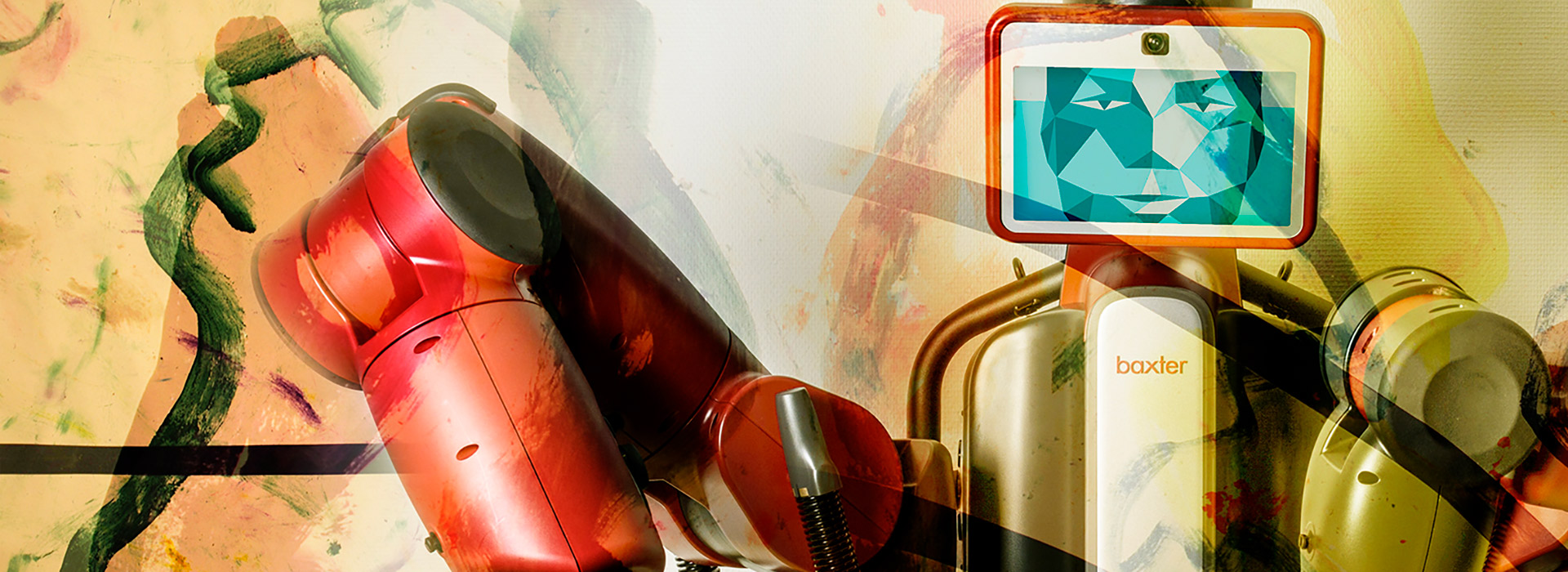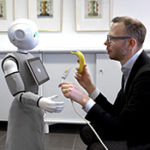AIR is a distributed research environment focusing on collaborative and interdisciplinary research on human interaction with autonomous systems. AIR is bringing together researchers from the University of Skövde, Örebro University, Halmstad University, and the RISE Viktoria research institute.
Interaction between humans and autonomous systems
The general theme in AIR is on the interaction of humans and autonomous systems that move in shared physical spaces. The scenarios that instantiate this general theme in the distributed research environment address are:
How to get humans to trust autonomous systems
The major research challenge is to achieve mutual action and intention recognition between humans and autonomous systems – despite the obvious differences between the underlying biological vs. technological mechanisms. This challenge is on one hand addressed in the development of a theoretical framework on action and intention recognition between humans (although not completely clarified in human-to-human interaction) and autonomous systems. However, on the other hand, there is a need to design and develop evaluation methodologies that measure, assess and evaluate the mutual recognition of actions and intentions between humans and the autonomous systems, which may need to be bi-directional. It should be acknowledged that it is absolutely crucial and necessary to ensure human safety of such technologies, but the safety aspect is not sufficient.
There is also an addressed need that humans’ expectations and experience of interacting with autonomous systems should result in trust for these kinds of technologies. In order to achieve technical and social acceptance, the ways people interact smoothly with autonomous systems should be accomplish through unobtrusive behavior, transparent to humans, envisioning natural and/or intuitive user interfaces.






